New UN envoy to Yemen visits Sana'a on 4th anniversary of Saudi war
The newly appointed UN envoy to Yemen Martin Griffiths has paid a visit to the country’s capital, Sana’a, as the Saudi military aggression on the impoverished nation enters its fourth year.
Griffiths reportedly met with Faisal Amin Abu-Rass, the undersecretary of Yemeni foreign ministry, during his visit to Sana’a on Sunday.
About 14,000 people have been killed since the Saudi military campaign began against Yemen in March 2015. Much of the Arabian Peninsula country's infrastructure, including hospitals, schools and factories, has been reduced to rubble due to the war.
The United Nations says a record 22.2 million people are in need of food aid, including 8.4 million threatened by severe hunger. A high-ranking UN aid official recently warned against the “catastrophic” living conditions in Yemen, stating that there was a growing risk of famine and cholera there.
On November 6, Saudi Arabia announced that it was shutting down Yemen’s air, sea, and land borders, after Yemeni fighters targeted an airport near the Saudi capital with a cruise missile in retaliation for the kingdom's devastating aerial bombardment.
Under international pressure, Saudi Arabia reportedly eased the blockade on Yemen's ports in December for a 30-day period, extended it for another month, then left it in apparent limbo when it expired February 18.
However, humanitarian and port officials said the Houthi-held port of Hudaydah, a major lifeline for the war-torn impoverished country, remains "a wasteland" and receives a trickle of deliveries.

"Hudaydah should be supporting more than 20 million Yemenis. It should be the source of at least 70 percent of all imports to Yemen," said Suze van Meegen, a protection and advocacy adviser with the Norwegian Refugee Council who visited the port in late February for a firsthand view.
"Instead it's like a wasteland," she said. Van Meegen also noted that a “de facto blockade” on the main port is still in place.
"For whatever reason, the amount of food and fuel required to meet needs in Yemen is not coming in through Hudaydah and it is likely there are some deliberate actions being taken to cause it," she said.
Fuel deliveries amounted to only 24 percent of Yemen's needs in February, while food met 51 percent, sparking price hikes.
"We can't say the blockade is in place. The de facto blockade is still in place," van Meegen added.
She also noted that the Saudi airstrikes targeted the port’s infrastructure. "The most striking thing at the port” is the destruction of the five gantry cranes, which are now obstacles to movement at the port, she said.
Jan. 15: ‘Axis of Resistance’ operations against Israeli occupation
VIDEO | US fires: Criticism mounts over govt. failure to respond
VIDEO | Fears, hope in Gaza amid intensified ceasefire efforts
VIDEO | Press TV's news headlines
Hamas: Ceasefire agreement result of steadfastness, resistance in Gaza over 15 months
Hamas thanks Iran, Resistance Front following achievement of ceasefire in Gaza
'Capitulation': Israeli officials and media concede Gaza defeat as truce unfolds
'Gaza has won': Social media users react to ceasefire with mix of relief, joy



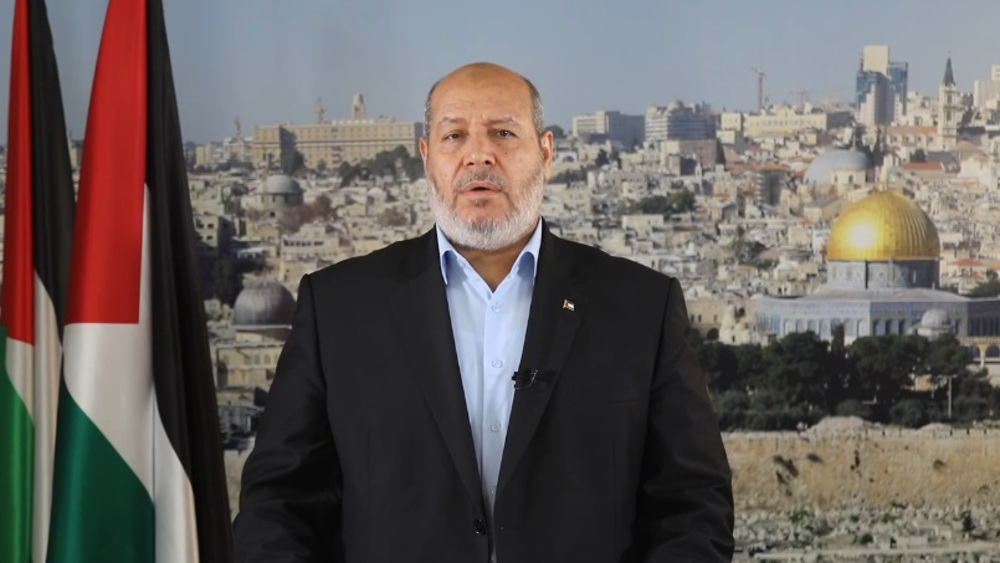
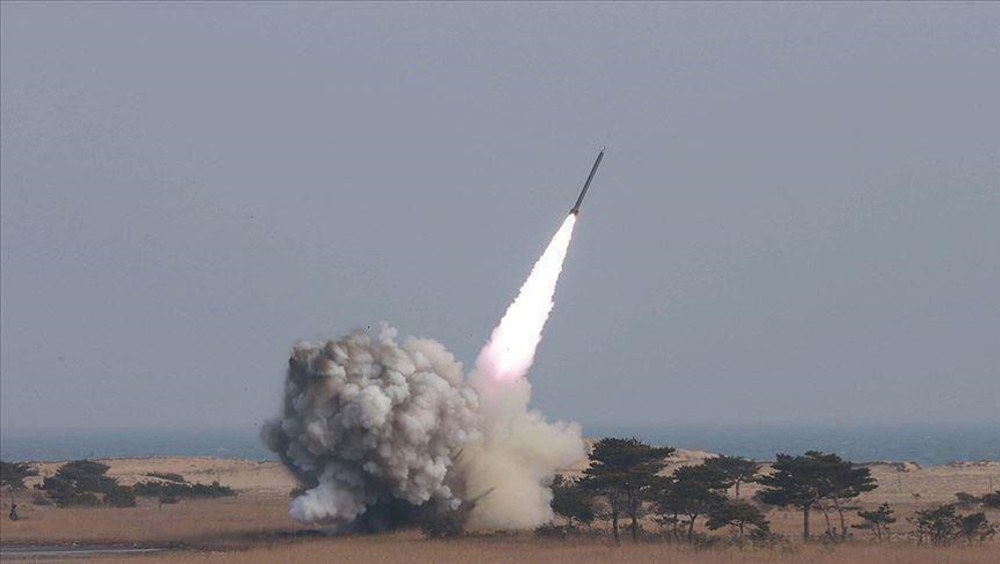
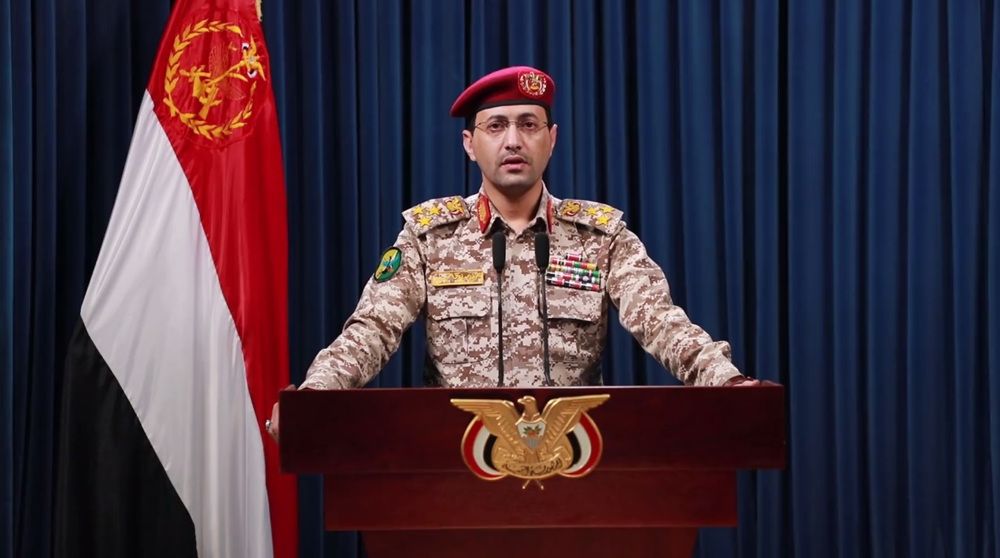





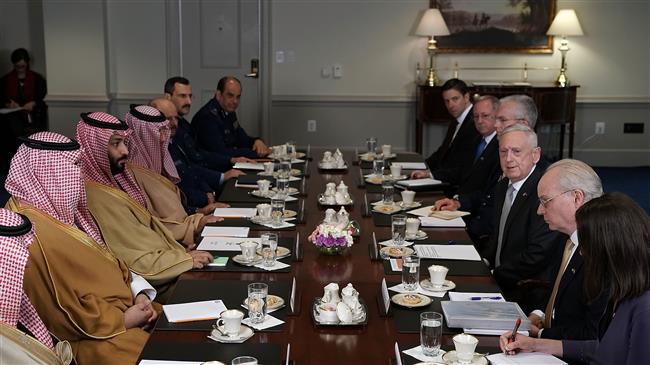
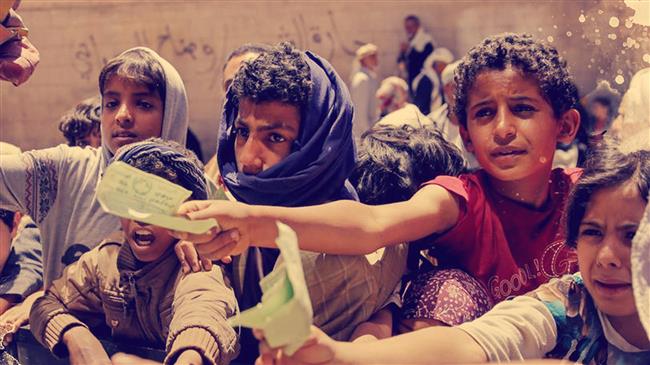
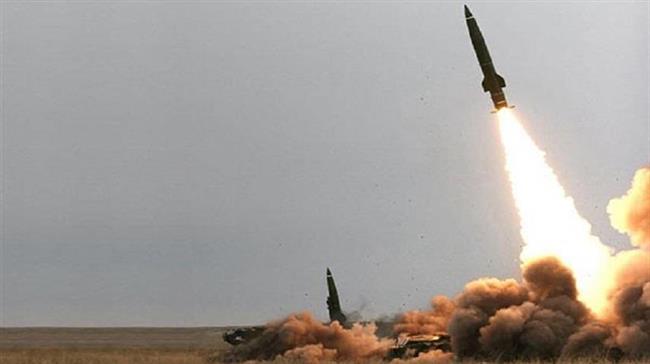

 This makes it easy to access the Press TV website
This makes it easy to access the Press TV website